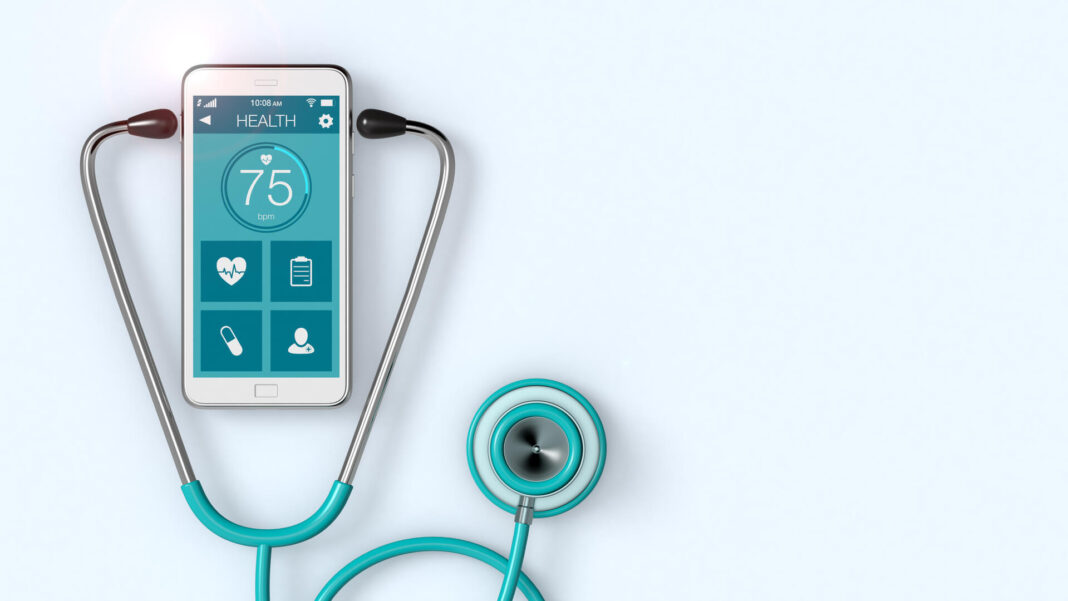Note: This post contains affiliate links, when you purchase a product or service through one of these links we may earn a commission on that sale.
Health apps are everywhere now. They’ve been promoted as game-changers for the health industry and, according to many, have served a purpose in our battle with COVID-19 as well. However, it is one thing to say that health apps are effective and another to demonstrate their efficacy empirically.
Cornwall University recently published a paper wherein they tried to answer whether or not mobile health apps, and other wearable devices of the sort, actually induce behavioral changes that result in significant positive health outcomes. The results of the study were very interesting, and the research came forth with keen insight into the workings of such health apps and their effect on users.
The experiment consisted of three groups of people. The first group was given access to a mHealth app, the second group was given access to the web version of the same mHealth app, and the third group, the control group, did not have access to any mHealth app.
Following are some key insights, suggestions, and outcomes of the experiment:
- The people who used these mHealth apps showed improved performance in short-term and long-term metrics. mHealth app users walked more, ate healthier, exercised more, and slept better than those who weren’t using the app.
- The experimenters tried to gauge the efficacy of personalized messages over generic messages.
- They found that some people found personalized reminders through their mHealth apps as an intrusion into their personal space, which had a negative effect on the healthy behaviors they had adopted. However, on aggregate, personalized reminders were found to be 18-percent more effective than generalized reminders.
- The accuracy of the information on personalized reminders influenced some people to trust telehealth services and hence reduced their in-person visits to doctors.
- In brief, personalized messages have both merits and some demerits. On the one hand, it induces a feeling of a breach of personal space while, on the other hand, it influences people to trust telehealth services which helps reduce personal health expenses.
- The research found out that the study subjects, in general, adopted healthier lifestyles due to mHealth apps and other such wearable devices. Such behaviors can help reduce unnecessary reliance and stress on the healthcare system and might be a good enough reason to get governments to subsidize these devices to save on health expenditures in the long run.
- Insurance companies can encourage people to use mHealth apps by offering personalized premiums depending on whether they use these apps and wearable devices or not. Companies can reinforce healthier lifestyles by offering lower premiums to people who are benefiting from such health apps instead of people who are unwilling to do so.
- The study also presents a note of caution on the proposal mentioned above. It highlights the fact that it is possible that a system that rewards healthier eating habits, exercise, etc. could end up benefiting the rich more than the poor. So any policy-making on this end should keep the interest of everyone, and not just the people who are already privileged.


